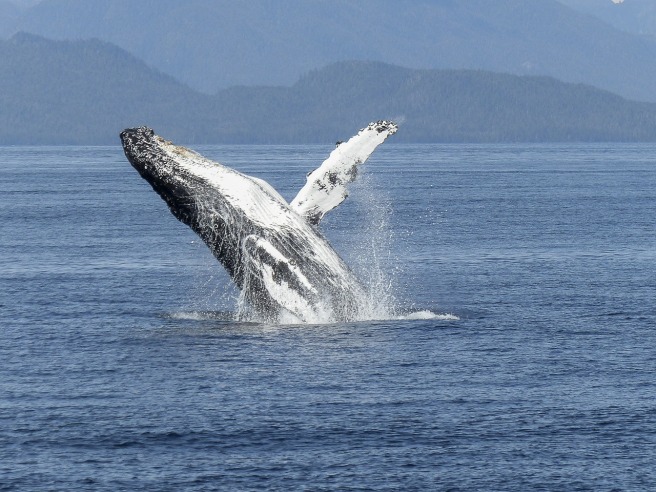Whales are very likeable creatures. They are highly intelligent, sentient and social. But without a doubt, they would make terrible chefs and untrustworthy food critics. It seems that somewhere along the evolutionary path, whales lost their sense of smell and much of their sense of taste.
Baleen whales are some of the largest animals in the world and spend most of their time below the water surface, making them difficult to find and even more difficult to study. The group of Japanese researchers at Kyoto University worked around these challenges by using genome sequencing and fossil records to study the evolution of smell and taste in toothed and baleen whales. The researchers isolated DNA from minke whale meat purchased at a fish market and sequenced it to assemble the entire genome of the minke whale. For comparison, they also used the previously sequenced genomes of the bottlenose dolphin, a toothed whale, and cow, which, along with pigs and hippos, belongs to the same clade as cetaceans.
In mammals, odours in the air are detected by different receptors in our nasal cavity. When they compared the whale genomes to the cow genome, the researchers found that both whale genomes had lost a large number of genes required for odour detection. The most notable of these is the family of genes known as olfactory receptors (OR). The cow genome contained over 900 functional OR genes while the minke whale and dolphin genomes contained just 70 and 12, respectively. Mice, with their keen sense of smell, have over 1000 OR genes. Continue reading

